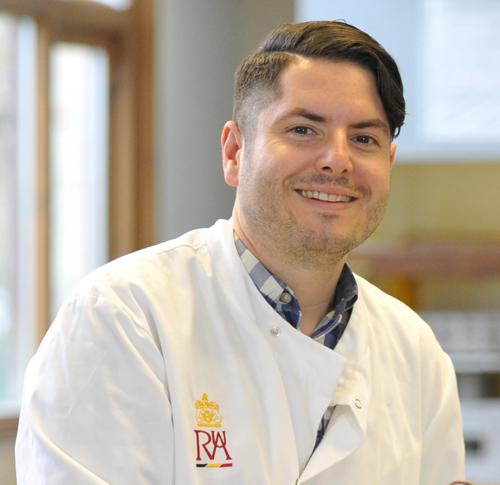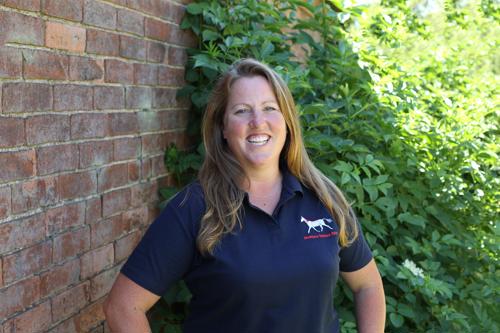Dr Linda Greening
Presentation title: Sleep hygiene for horses: What is the equine equivalent to counting sheep?

Linda holds both a degree and masters in Equine Science, and recently achieved a doctoral qualification for her research into equine sleep behaviour. She joined Hartpury in 2006 as a junior lecturer and moved into management in 2009, becoming head of the equine department in 2012 and head of inclusivity in 2016 to the present date. Throughout that time, she has consistently lectured and researched in the field of equine behaviour and welfare, specifically now factors affecting equine sleep. Currently she is supporting research that aims to use deep learning and brain wave activity measurements of sleep/wakefulness to produce an efficient and accurate way to measure equine sleep that would revolutionise this field of research in the future. She chairs the Equality, Diversity, Inclusivity and Accessibility Committee for the International Society of Applied Ethology and is an animal welfare reviewer for funding requests to the Morris Animal Foundation. Upon invitation she joined an expert panel at the European Food Standard Agency in September 2024 to help write first of its kind equine welfare legislation for the EU. Linda’s daughter Daisy is now ten and doesn’t quite understand her mother’s equine enthusiasm (yet).
Associate Professor Simon Daniels
Presentation title: The horses gut microbiome: an exploration from “analogue to digital” considering tools to help us understand gut health in horses.

Associate Professor of Equine Science at the Royal Agricultural University (RAU), Simon holds a BSc (Hons) Equine Science and a PhD in equine gut health. Simon has been a lecturer since 2012, progressing to Senior Lecturer in 2017 and latterly Associate Professor of Equine Science in 2022. Simon is responsible for the equine programmes at RAU alongside other management responsibilities. Simon has been involved with horses for the past 37 years starting out as a childhood hobby. After completion of his undergraduate degree, Simon spent time in industry working as a nutritionist at an animal feed company specialising in equine nutrition. Following on from this role, he took a position working for the University of Liverpool as part of the School of Veterinary Medicine working with an industry partner to design and implement a parasitology diagnostic laboratory service. This brought about the opportunity to undertake a part-time PhD in the efficacy of equine anthelmintics and their effects on intestinal health, which was completed at the University of Surrey’s School of Veterinary Medicine. Completion of the diagnostic parasitology project with the University of Liverpool led to Simon's move back to full time academia in 2012, initially at Hartpury. In 2014, he joined the RAU within Equine Management and Science. Simon's main areas of interest remain within health of the equine gastrointestinal tract. Outside of the university Simon is actively involved in external examining with two other universities and with the European Workshop on Equine Nutrition (EWEN) on both the scientific committee, and the association committee and has been involved in organisation of the last three EWEN conferences. Simon is also on the memberships committee for the British Society of Animal Science (BSAS) and chairs the BSAS Undergraduate Thesis of the Year panel. Simon is an author on the CANTER best practice guidelines for parasite control in horses, launched in 2024, and an active member on the CANTER research group. Outside of a busy working life Simon can be found in the Stroud valleys with his wife, two children and dog.
Gillian Higgins
Presentation title: Horses Inside Out: The journey so far...
Gillian is a world-leading equine anatomy biomechanics and movement educator, famous for her anatomical paintings on live horses. Over the past two decades, she has presented her popular Horses Inside Out programme across Europe, Australia and America. She has also presented to Queen Elizabeth ll. As the author of 13 books translated into 12 languages and her popularity as a knowledgeable and enthusiastic presenter, Gillian's expertise has earned her the prestigious Award of Merit from the British Horse Society. But her talents extend beyond the classroom - she is also an accomplished eventer, having competed at Advanced level and represented Great Britain as a student rider. Gillian's impressive resume also includes organising many world-leading equine science conferences as well as arranging successful anatomical and art exhibitions.






